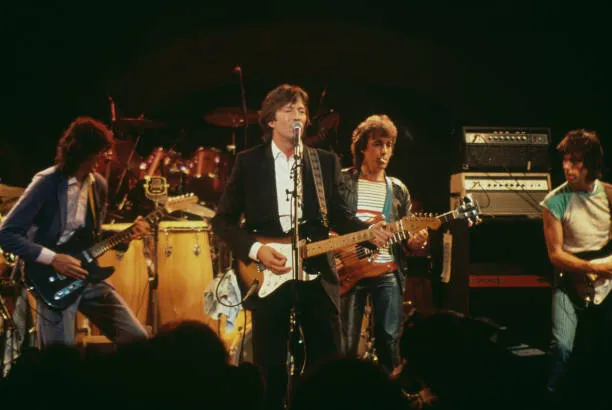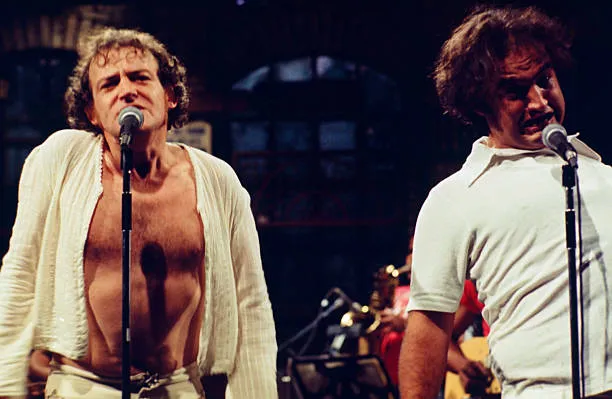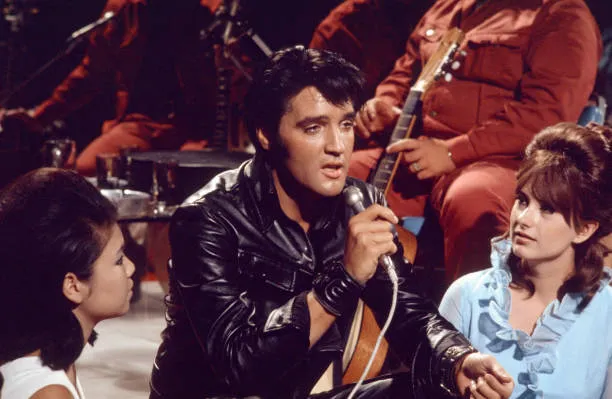Elton John is one of the most enduring and versatile artists in music history, with a career that has spanned over five decades. His transformation from a talented pianist to a global pop icon is a remarkable story of reinvention, creativity, and resilience. From his early days as a session musician to becoming one of the most successful recording artists of all time, Elton John's ability to evolve musically and culturally has cemented his place as a true legend. His reinvention has been marked by constant innovation, personal growth, and a willingness to embrace new styles while staying true to his musical roots.
Early Days: The Piano Man with a Dream

Before the world knew him as Elton John, he was Reginald Kenneth Dwight, a shy and reserved young man with extraordinary musical talent. Born in 1947 in Pinner, England, Elton grew up in a modest household, where his love for music quickly became apparent. He was classically trained on the piano and excelled from an early age. By the time he was a teenager, he had begun playing in local pubs and clubs, and his classical training combined with his passion for rock ‘n’ roll shaped his distinctive style.
Elton’s first major breakthrough came when he teamed up with lyricist Bernie Taupin in 1967. Together, they formed one of the most successful songwriting partnerships in history. Their debut album, Empty Sky (1969), was only a modest success, but Elton’s talent was undeniable. It wasn’t long before their second album, Elton John (1970), featured the hit single "Your Song," which catapulted him to fame. Known for his emotive voice and incredible piano-playing ability, Elton quickly earned a reputation as a masterful pianist who could blend rock, pop, and classical influences with ease.
The Glam Rock Era: Elton’s Flamboyant Persona

As the 1970s unfolded, Elton John’s music began to take on a new life, mirroring his own personal evolution. Moving away from the piano-centric sound of his early work, Elton embraced the theatricality and flamboyance of glam rock. His albums during this era—Goodbye Yellow Brick Road (1973), Captain Fantastic and the Brown Dirt Cowboy (1975), and Rock of the Westies (1975)—were massive commercial successes, filled with hit songs that showcased his boldness both musically and visually.
Elton’s reinvention extended to his public persona. Gone was the shy, introverted piano man, replaced by a flamboyant showman who wasn’t afraid to wear outrageous costumes, sequined jackets, and platform shoes on stage. His concerts became larger-than-life spectacles, featuring his signature oversized glasses and colorful outfits. This transformation helped him stand out in a crowded rock scene, and his fusion of musical innovation and visual spectacle made him a global phenomenon.
Adapting to the Times: The 1980s and 1990s

Elton John’s ability to reinvent himself continued into the 1980s and 1990s. As musical trends shifted, Elton adapted, experimenting with synths and electronic elements while maintaining his unique sound. While many artists struggled to transition from the rock-driven 1970s to the more pop-oriented 1980s, Elton thrived. His albums from this period, including Too Low for Zero (1983) and Reg Strikes Back (1988), featured hits like "I’m Still Standing" and "I Guess That’s Why They Call It the Blues," which cemented his relevance in the evolving music landscape.
By the 1990s, Elton faced personal challenges, including struggles with addiction and coming to terms with his identity as a gay man. His openness about these struggles resonated with many fans, and he became an advocate for LGBTQ+ rights and HIV/AIDS awareness. Elton’s personal reinvention, marked by sobriety and a renewed sense of purpose, led to some of his most enduring work. In 1994, he famously provided the music for Disney’s The Lion King, with songs like "Circle of Life" and "Can You Feel the Love Tonight" becoming cultural touchstones. This foray into film scoring showcased yet another facet of his musical genius.
The Reinvention Continues: Elton in the 21st Century

Elton John’s ability to adapt and stay relevant has been remarkable. In the 2000s and 2010s, he continued to tour extensively, often performing sold-out shows worldwide. He collaborated with contemporary artists like Lady Gaga, Ed Sheeran, and Dua Lipa, proving that his influence extended far beyond his own generation. These collaborations not only helped introduce his music to younger audiences but also demonstrated his willingness to embrace modern trends while maintaining his classic sound.
One of the most notable moments of his recent career was the release of Rocketman (2019), a biopic that chronicled his life and career. The film reintroduced Elton John to a new generation and reinforced his status as a pop culture icon. It portrayed his journey of self-discovery, from his struggles with addiction and fame to his eventual triumph, becoming a celebration of both his music and his resilience.
A Lasting Legacy
Elton John’s legacy as a pop icon is built on his ability to continually reinvent himself while staying true to his roots as a pianist and songwriter. His influence on popular music is immeasurable, with artists across generations and genres citing him as an inspiration. His fearless approach to fashion, his larger-than-life stage persona, and his openness about his personal struggles have also made him a role model for countless fans.
As Elton embarks on his Farewell Yellow Brick Road tour, marking the end of his touring career, his influence on music and pop culture remains as strong as ever. His ability to evolve while staying true to his musical foundation has ensured that his songs, style, and spirit will continue to inspire artists and fans for generations to come. Elton John’s remarkable reinvention from piano man to pop icon is a testament to his creative genius, resilience, and enduring relevance in the ever-changing world of music.



